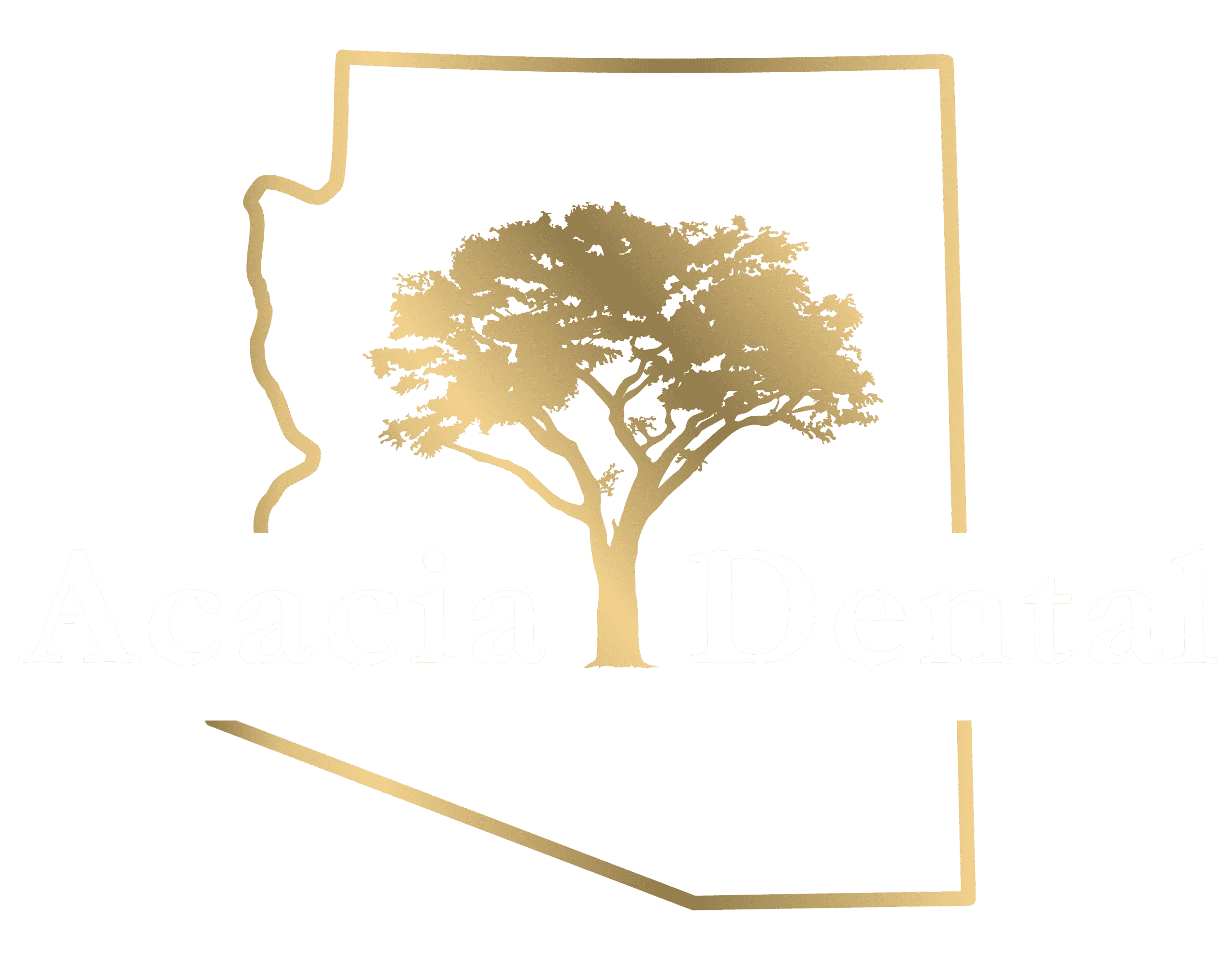You probably know that plaque is bad, but do you really know what it is? Here, we’ll discuss plaque, why we develop it, how we can remove it, and how to keep it at bay.
What Is Plaque?
When naturally occurring bacteria in your mouth combine with food particles, saliva, and fluids, they build up on your teeth and along your gumline in a soft, sticky biofilm called plaque. This layer of bacteria causes your teeth to have that unpleasant fuzzy feeling, especially in the morning when you wake up.
Why Do We Develop Plaque?
This bacterial film becomes dangerous to your oral health when it feasts upon your dietary sugar to produce enamel-weakening acids. If you consume a diet high in sugary foods and beverages (including candy, chips, soda, cake, white bread, crackers, etc.), you are allowing that bacteria to thrive by regularly feeding on sugars left in your mouth. The other way we promote the accumulation of plaque is by not practicing good oral hygiene. If you’re not brushing your teeth and flossing every day, drinking plenty of water, and visiting us for biannual cleanings, then you are allowing bacteria to continually feed upon the residual sugar in your mouth. Moreover, plaque that is not regularly removed hardens into tartar and causes gum irritation, bad breath, tooth discoloration, tooth decay, and gum disease.
How Is Plaque Prevented?
The best way to prevent plaque from building up is by practicing outstanding oral care:
- Brush your teeth using fluoride toothpaste twice a day for two minutes each time.
- Remember to brush your tongue every day too!
- Floss your teeth to dislodge food particles that would become food for bacteria if not removed.
- Promote an environment for healthy teeth and gums by eating a nutrient-rich diet. Incorporate foods high in vitamin C, like sweet potatoes, broccoli, peppers, and spinach; foods that contain calcium, such as fortified soy drinks, leafy greens, almonds, cheese, yogurt, and milk; and foods that contain phosphorus, including nuts, eggs, beans, dairy, lean meat, and fish.
Additionally, be sure to come visit us for a checkup and cleaning every six months. If you need to schedule your next appointment, contact us today!

